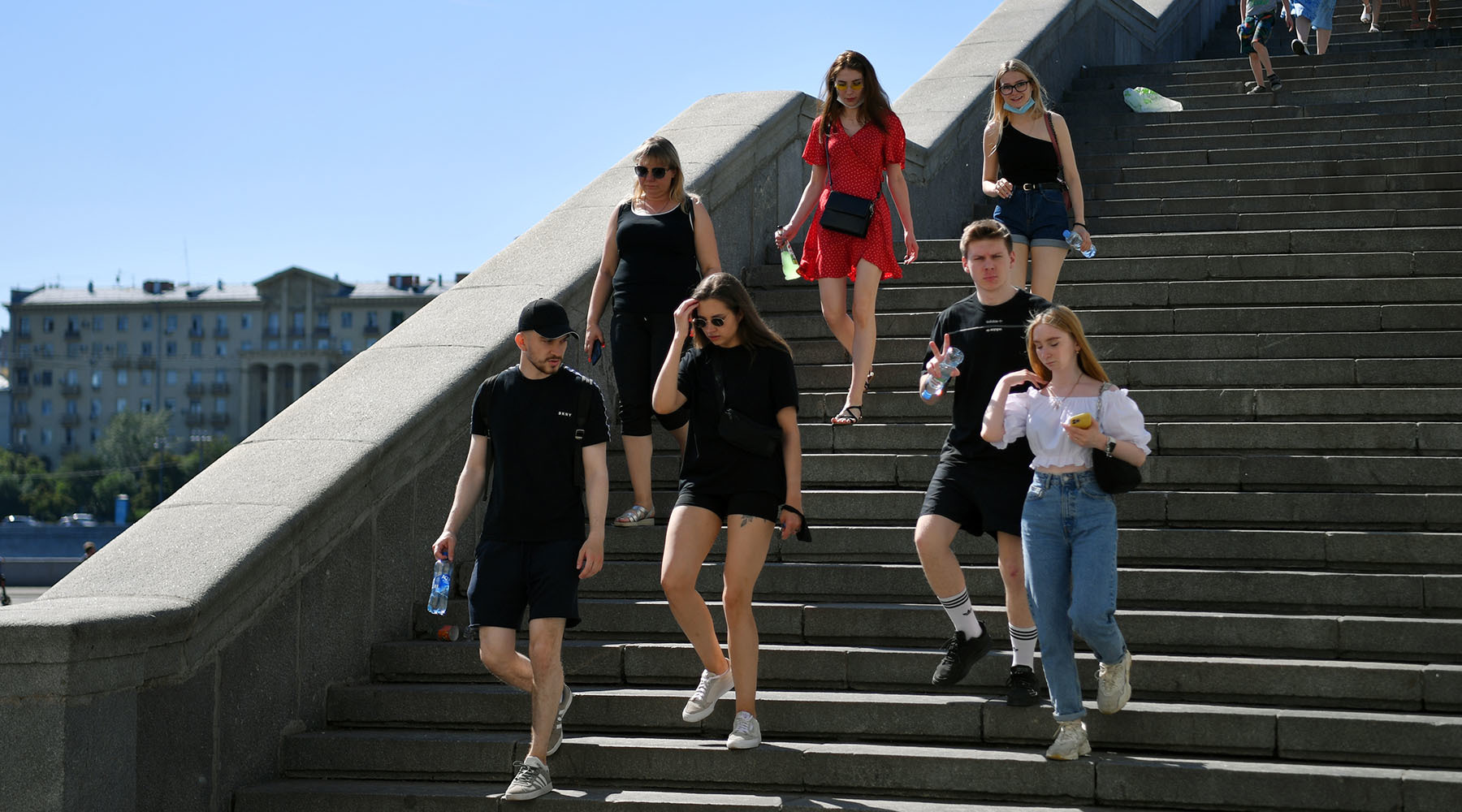Vladimir Putin approved a list of instructions to the government, executive authorities of the constituent entities of the Russian Federation, the Central Bank and a number of other structures following the results of the St. Petersburg International Economic Forum (SPIEF-2021) held in early June.
In particular, the President ordered to extend the preferential mortgage program until July 1, 2022.
Thus, the effect of the preferential mortgage program for the purchase of housing in the primary market will be extended for a year.
The rate on it should be no more than 7% per annum for the entire period, and the maximum loan amount should not exceed 3 million rubles.
In addition, the President instructed to ensure the expansion of the preferential mortgage program for families with children.
“Ensure the expansion of the preferential mortgage program for families with children, providing for the possibility of obtaining, by December 31, 2023, by families in which the first or subsequent child was born after January 1, 2018, mortgage loans (at a rate of 6% per annum for the entire loan term ) for the purchase of housing on the primary market or refinancing of previously issued mortgage housing loans in the amount of up to 6 million rubles, in the cities of Moscow and St. Petersburg, Moscow and Leningrad regions - up to 12 million rubles, "- said in the instruction published on the Kremlin website.
Speaking at the plenary session of the SPIEF on June 4, the Russian leader emphasized that the preferential mortgage program has become one of the key anti-crisis measures to support citizens and the economy.
He specified that more than half a million families have received such a loan, and more than 2 trillion rubles were additionally attracted to housing construction.
Putin recalled that the program was anti-crisis, which means it was temporary, but he added that it cannot be abruptly cut off: development of the construction industry, which, as we know, is a locomotive for related industries. "
Vaccination of foreigners and stateless persons
The President also instructed the government to organize an opportunity for paid vaccinations against coronavirus for foreigners, as well as for the vaccination of labor migrants.
"To ensure, for the prevention of new coronavirus infection (COVID-19), the possibility of vaccination on a reimbursable basis of foreign citizens and stateless persons in the territory of the Russian Federation, while providing for the observance of sanitary and epidemiological requirements," the instruction says.
Also, until July 15, it was instructed to organize vaccination against coronavirus for foreigners and stateless persons arriving in Russia for work.
The Cabinet of Ministers and regional executive bodies were instructed to determine the sources of financing for these events.
AFP
© KIRILL KUDRYAVTSEV
During his speech at the SPIEF, Vladimir Putin stated that many specialists, employed in construction, trade, services and housing and communal services, come to Russia as part of labor migration.
“The domestic pharmaceutical industry is ready to further increase the production of vaccines, that is, we not only fully meet our own needs, but we can also provide an opportunity for foreign citizens to come to Russia and get vaccinated here.
I know that, given the effectiveness of our vaccines, this demand is quite high, ”the president emphasized.
He also noted that people from different countries, including businessmen, heads of large companies, specially visit Russia to get vaccinated against coronavirus.
Business support measures, changes to antitrust laws and other decisions
Also, the head of state instructed by June 30 to report on measures to exempt small and medium-sized businesses in public catering from VAT in cases where annual revenues do not exceed 2 billion rubles, as well as the use of reduced rates of insurance contributions to state extra-budgetary funds.
“Ensure, starting from 2022, the implementation of a pilot project to provide legal entities and individual entrepreneurs that provide catering services and the average number of employees each of which does not exceed 1,500 people, the right to apply the general taxation regime, which provides for exemption from the payment of added tax. the cost, if the annual revenue of each such legal entity or individual entrepreneur does not exceed 2 billion rubles, ”the instruction to the government says.
In addition, the Cabinet of Ministers was instructed to ensure the introduction of amendments to the legislation, providing for an increase in state purchases from small businesses, by July 1.
In addition, the President instructed to legislate the exemption of small and medium-sized businesses operating under the simplified taxation system from submitting a tax return.
In another order, Putin demanded to finalize programs to promote employment in regions with a high level of unemployment and where the situation on the labor market is improving most slowly.
In addition, by October 1, the Cabinet of Ministers must develop and ensure the implementation of a long-term program to promote youth employment, providing for its involvement in entrepreneurial activities.
Putin called for special attention to be paid to promoting the employment of Russians under the age of 24.
RIA News
© Pavel Bednyakov
Finally, by December 31, the government has been instructed to amend the antitrust law.
“Ensure the introduction of amendments to the antimonopoly legislation of the Russian Federation, which provide for: the possibility of recognizing the dominant position of an economic entity whose annual revenue does not exceed 800 million rubles, and recognizing the agreements concluded between such entities as permissible, taking into account the existing restrictions;
an increase to 800 million rubles in the minimum asset value of a person being an object of economic concentration, in respect of which a transaction is being made, subject to prior approval by the antimonopoly authority, ”the instructions read.

